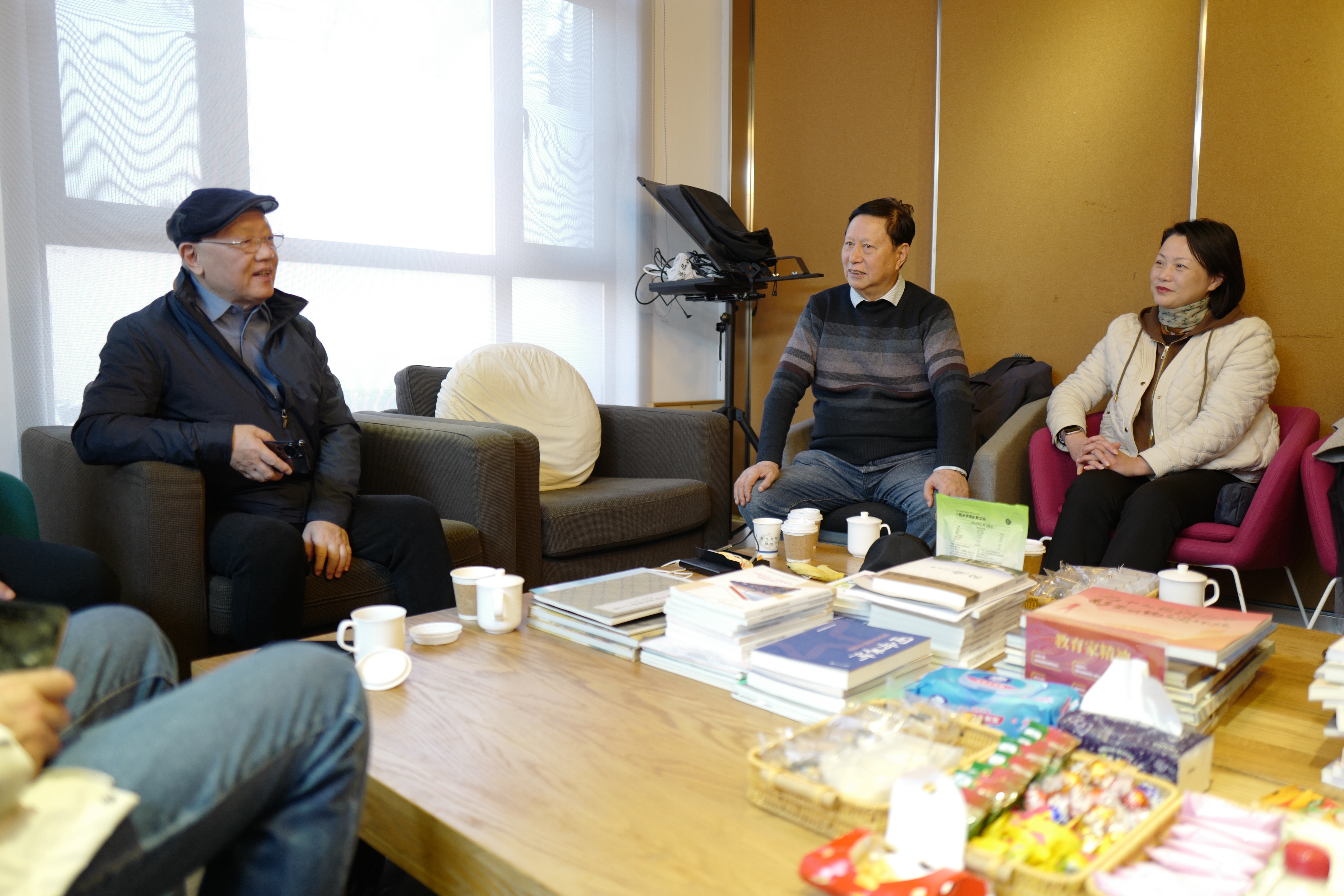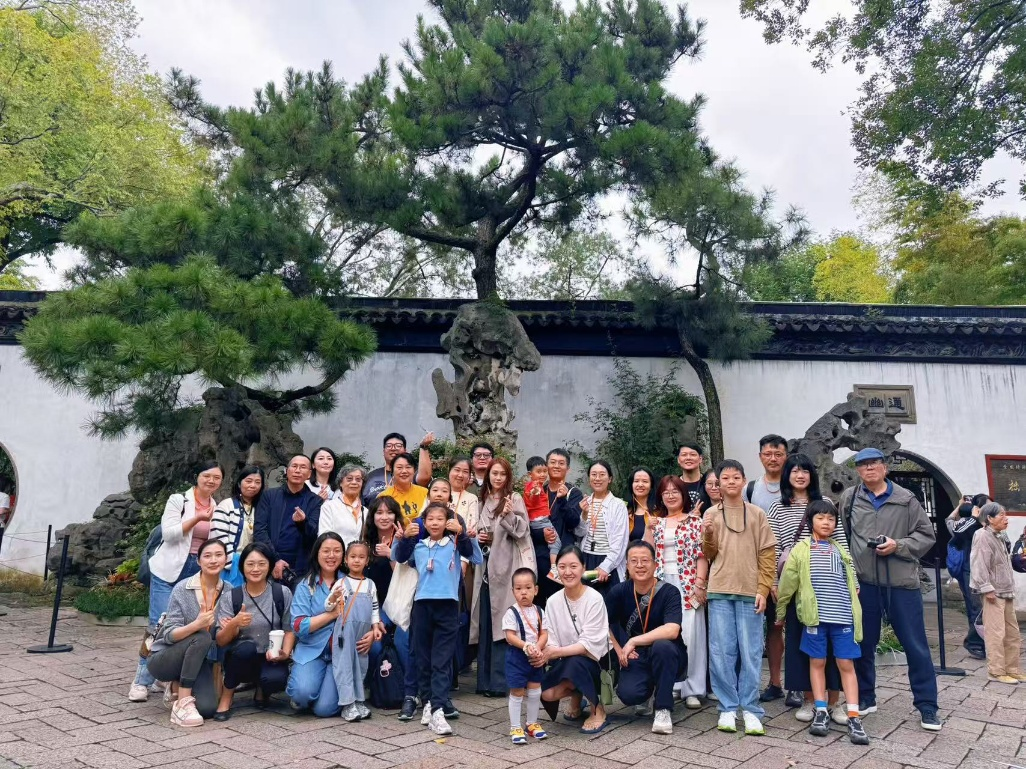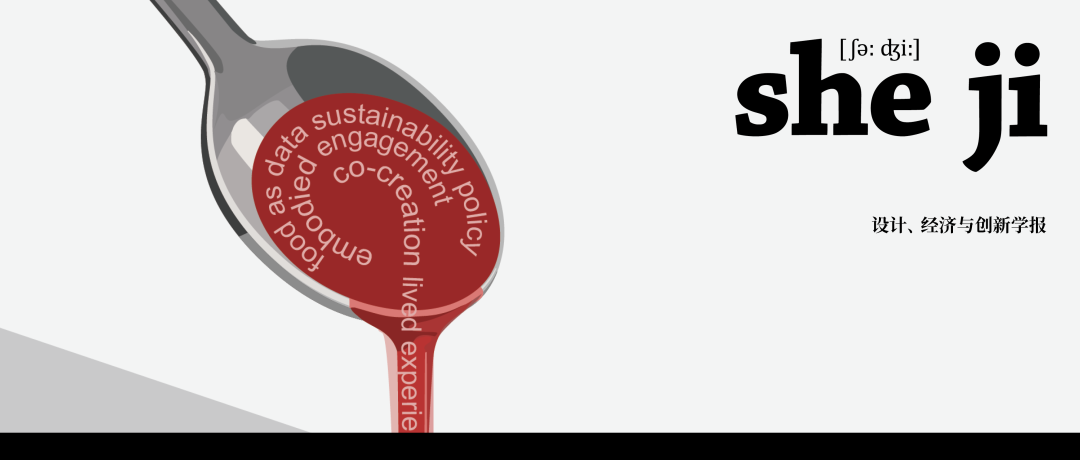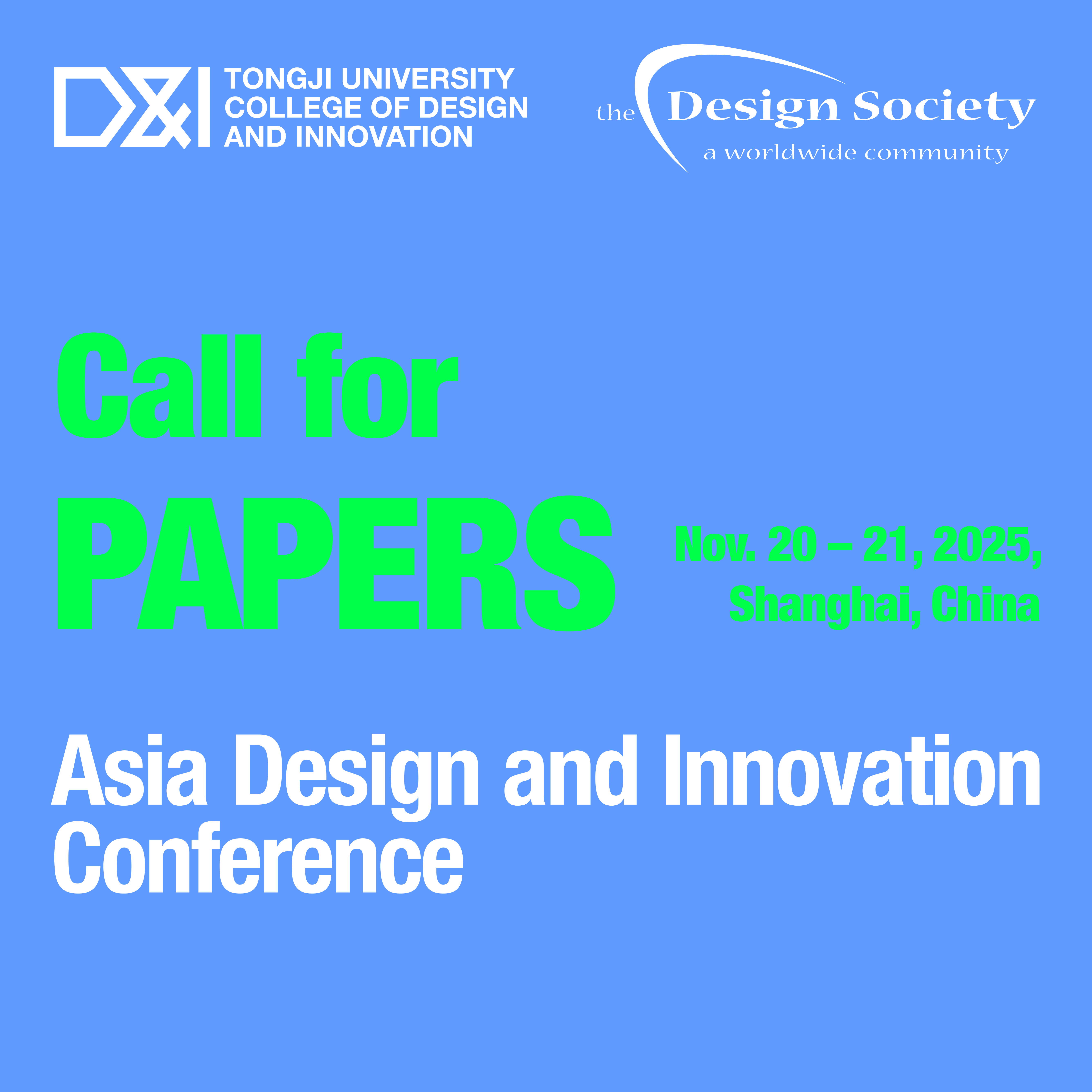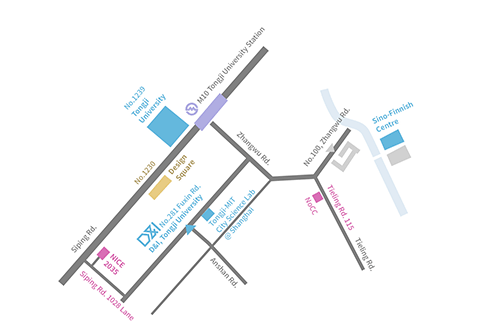The theme of the upcoming Tongji Design Week 2018 is “New Communities”.
Any viable community shares a collective cultural identity. It creates a sense of belonging and can generate interactions among its members continuously. Among them, creative communities emerge as groups of people who are able to imagine, develop, and manage a new way of being and doing. The occurrence of a social transformation is supported by one or more creative communities that courageously embrace and promote innovations. Communities are the source of wisdom and the cradle of innovation. They are the power of change.
In the era of global knowledge network, new communities of innovative talents all over the world are redefining every phase of the entire innovation chain, ranging from R&D to production, design, service, and distribution. Influenced by emergent creative communities, even the whole innovation ecosystem itself is undergoing a radical change.
In the meanwhile, designers have gradually become active participants or initiators in social innovation projects. They adopt design thinking to construct the culture of the community and organize events and activities to enhance its social cohesion. They have become the driving force behind innovation by activating interactions within and outside the community. The design-driven new community is playing as a new actor in promoting the positive social transformation, and such community itself deserves to be a new subject of design studies.
During the Tongji Design Week 2018, we will organize a series of conferences, forums, workshops, and exhibitions to explore the relationship between design and communities within the social innovation context. The feature conference of Tongji Design Week—Emerging Practices Conference— this year will focus on how design and technology could work together to remove the barriers between the insiders and the outsiders of the community. We aim to host people from various communities and foster new ones that, by means of sharing resources, knowledge, and platforms, would be able to co-create new economies, new cultures, and the new idea of social well-being.
Agenda:

Invited speakers & guests

Emerging Practices: Design Research and Education Conference 2018
Every autumn, at the College of Design and Innovation of Tongji University, we organize a highly interactive design research and education conference titled “Emerging Practices” (EPC). This series began in 2012.Now we are pleased to announce the seventh edition of EPC will be held on October 26–27, 2018.
The upcoming EPC 2018 aims to inspire new discussions about an ongoing discourse—DesignX. Since its very birth, DesignX has been deeply connected with the EPC series.The DesignX discourse was initiated during EPC 2014 by a small group of scholars who were passionate to explore how design can address the complex issues the world faces today. The original ideas about DesignX took the shape of the DesignX Manifes to published in 2014. Its essence is about evidence-based design for complex sociotechnical systems.
Following the publication of the DesignX Manifesto in 2014, the EPC continues to develop understanding senriching the DesignX conversation. Over the past four years, we have expanded the framework of EPC by looking into the following topics that address aspects of DesignX in one way or another:
· Developing: Communities - Economics - Education - Research - Exploration, 2014;
· Design Activism, 2015;
· Design in Complexity, 2016;
· The Social World of Complex Sociotechnical Systems, 2017.

DxCC Conference
Design for Collaborative Cities Conference
Conference Organized by College of Design and Innovation Tongji University and DESIS Network
28-29 October 2018
Shanghai, Tongji University
What can design do for social cohesion? What can it do for urban commons? How can it trigger and support a regenerative circular economy? How can it enrich the urban ecosystem with appropriate enabling infrastructure? How can design leverage social-innovation to orient city-making processes towards resilient, sustainable, and collaborative cities?
The Design for Collaborative Cities Conference (DxCC Conference) deals with these questions by presenting several meaningful examples worldwide. It goes on to highlight the role of design within them, meaning the design-driven initiatives that characterize them, the design culture that orients them, and the specific design tools that have been used.
The Conference is one step in the roadmap of the DESIS Thematic Cluster on Collaborative Cities—an articulated design research program self-organized by DESIS Network, involving several design schools worldwide and dealing with the issue of design and social innovation in city-making processes.

More events will continue to update……






